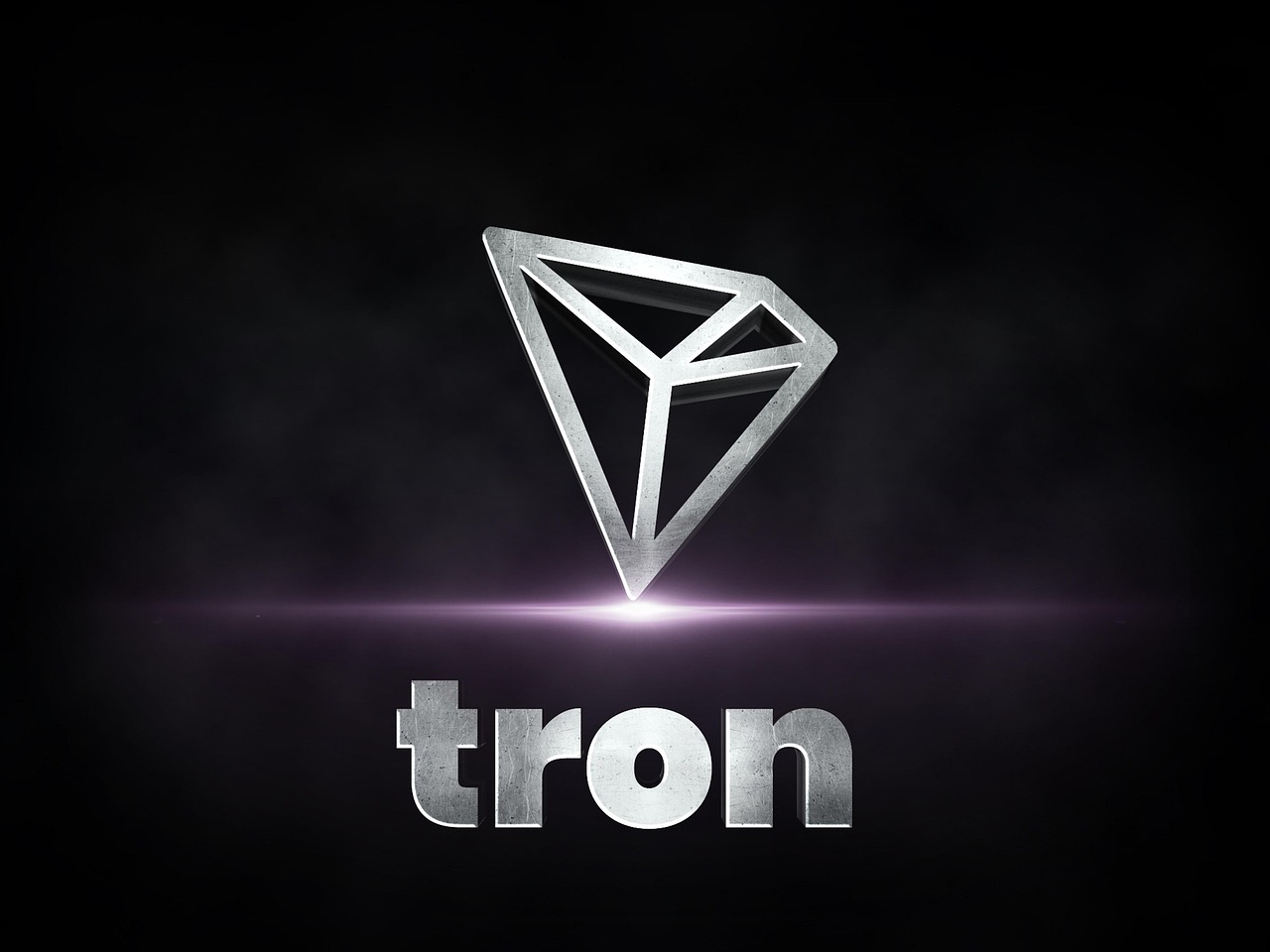Aug 28, 2025
Introduction
The web has modified how we transfer, work, and reside, however relating to the infrastructure behind all of it, issues are removed from good. Take into consideration how Uber doesn’t personal vehicles, but it controls how tens of millions of individuals transfer each day. Airbnb doesn’t personal properties, but it shapes world journey. These platforms sit within the center, charging excessive charges and setting the principles, whereas the individuals who present the precise sources, drivers, hosts, and on a regular basis contributors get the smallest slice of the pie. It really works, but it surely’s fragile. One coverage change, a spike in charges, or a platform shutdown can wipe out total livelihoods. The numbers inform the story even clearly. Uber’s service price is about 25% of what riders really pay. Airbnb takes as much as 15% in service charges whereas housing shortages rise in cities worldwide. Large cloud suppliers like Amazon Internet Companies, Microsoft, and Google Cloud management over 63% of the cloud market, giving them an virtually monopoly-level grip on how we retailer and share knowledge. That’s the web we all know as we speak: environment friendly, world, and highly effective, however managed, centralized, and uneven.
Support Greater and Subscribe to view content
This is premium stuff. Subscribe to read the entire article.














